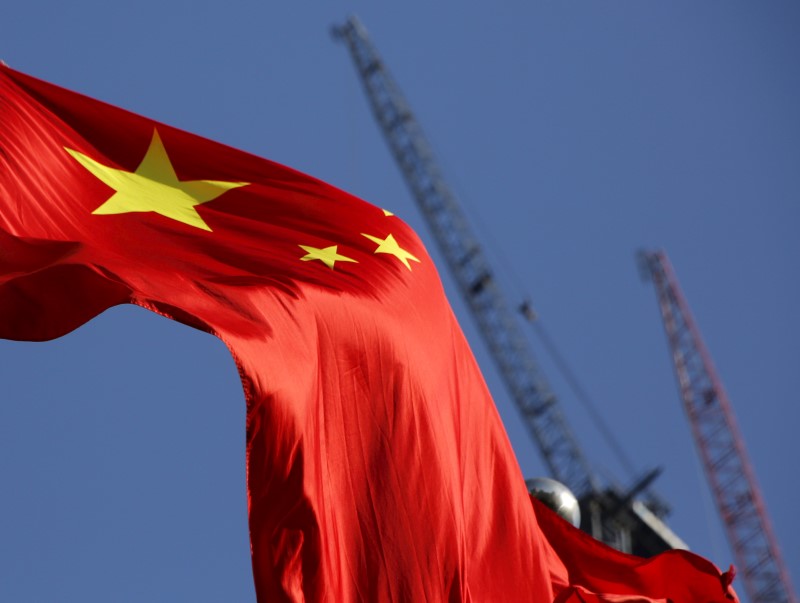FOMC minutes; Delta, PepsiCo to report; gold retreats - what’s moving markets
Investing.com - The outlook for China’s economy is "lukewarm" even after a recent trade agreement with U.S., according to analysts at BCA Research.
"Global trade is still set to contract in the second half of this year. Even as [U.S. President Donald] Trump walks away from high tariffs, the hit from policy uncertainty to global business confidence has already been substantial," the analysts led by Arthur Budaghyan wrote in a note to clients.
Companies are likely to reduce expenditures, the analysts flagged, adding that any recent spike in U.S. goods orders from China "represents a frontloading of demand from later this year".
On Monday, the U.S. and China agreed to lower tit-for-tat tariffs and temporarily delay their respective levies for 90 days.
The move came after Trump slapped soaring duties of at least 145% on China, leading Beijing to respond with its own retaliatory tariffs of 125%.
Following the deal, the U.S. tariffs on China were brought down to 30%, folding in a baseline 10% levy and separate 20% duties related to Beijing’s alleged role in the flow of the illegal drug fentanyl. China, meanwhile, cut its tariffs on U.S. items to 10%, and agreed to remove export countermeasures instituted after April 2.
While the deal has helped to ease some concerns over the trajectory of China’s economy, particularly in the country’s labor market, economists and policy advisors cited by Reuters have said that the 145% U.S. tariffs could leave lasting damage.
Even before the tariff strife, Beijing had already been grappling with tepid consumer spending activity and a protracted property market crisis. Officials reacted by rolling out fresh stimulus measures, and some observers have said more support may be required to help prop up growth, especially with tariff headwinds looming.
Yet the BCA Research analysts said that the reduced trade risks have lowered the likelihood that Chinese authorities will implement a major new stimulus package.
They argued that, against this backdrop, investors should "stay put" on Chinese stocks.
"we continue to recommend an overweight position in A-shares and an underweight allocation to Chinese offshore trading stocks within global and [emerging market] equity portfolios," the analysts said.
